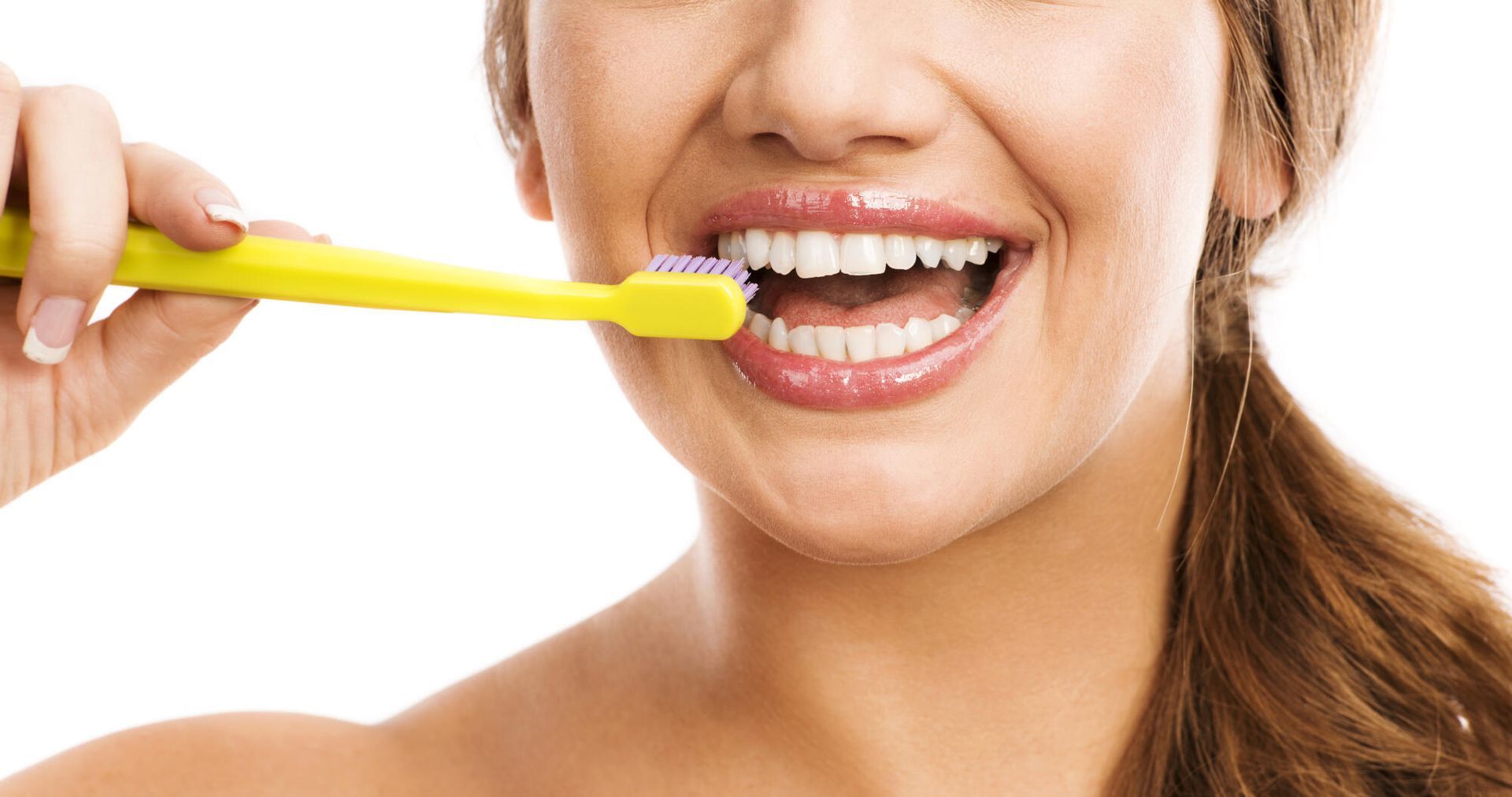The Signs of Cavities in Teeth You Need to Look For
If you are looking for ways to keep cavities from damaging your teeth, this guide can help. Here are signs of cavities in teeth you need to look for.
Did you know that 90% of all adults over the age of 20 have had at least one cavity in their lifetime? While a cavity in its beginning stages may not be much of a cause for worry, as cavities progress, they can reach more serious stages of tooth decay. Tooth decay that is left ignored for long periods of time can get so severe that it can even lead to tooth loss.
So, how can you know if you have cavities in teeth and what can you do about them? If you're looking for the answers to these questions, you're in the right place. In this article, you'll learn how to tell if you have a cavity right away and what you can do to prevent the cavity from getting worse, as well as how to prevent cavities in general.
To start, let's take a better look at what a cavity is exactly.
What Is a Cavity?
A cavity is an area in your tooth that is permanently damaged. A cavity, when left untreated, develops into a hole that can burrow through the tooth where it eventually hits the deeper and more vital tissues of the tooth, causing pain once it reaches the dental nerves. If the cavity progresses further, it could eat away at the entire tooth and lead to the loss of that tooth.
Dental cavities, also known as caries, are one of the most common dental problems around the world. If someone has teeth, there is a chance they could develop a cavity, no matter if they are elderly or an infant.
Cavities are caused by food and sugary drinks and when dental hygiene practices that act to remove these particles are ignored. Any Ashburn dentist will tell you it's important to brush your teeth, and for good reason. Your mouth is home to many types of bacteria, some beneficial and some harmful.
When you don't brush your teeth, harmful bacteria eat the remaining food particles on your teeth and secrete acid as a byproduct as well as plaque.
Plaque is a sticky film that coats your teeth and slowly eats away at your enamel, the protective covering of your teeth and the hardest tissue in the
human body. After enough time, this plaque along with the acid secreted by bacteria can cause serious damage to your teeth.
The plaque can turn into a hard material known as tartar, which only a
dentist in Ashburn, VA, can remove with special tools. The acid can eventually cause cavities and tooth decay which are even harder to treat.
The Most Common Signs of Cavities in Teeth
The most common cavity symptoms tend to vary from person to person and depending on how severe your cavity is. In fact, cavities in their early stages don't usually produce any symptoms at all, which can make them dangerously hard to detect. However, as mentioned before, the cavity risk factors include not brushing your teeth and eating or drinking sugary substances, so if you can relate to this behavior, you are likely to have cavities.
One of the earliest symptoms of having a cavity is tooth sensitivity. This involves feeling pain or discomfort when eating or drinking hot or cold substances such as soup or ice cream. You feel this discomfort because your cavity has begun to eat away at your enamel, revealing the more sensitive tissues inside your tooth such as dentin.
This sensitivity can even extend to foods that are acidic or sweet. Acidic substances like orange juice may cause you particular discomfort because of how they continue to eat away at your already weak enamel.
Tooth Staining and Holes
Tooth staining is another early sign of cavities, especially if the stains are in the shape of small dots. These dots may be stained in different shades between brown and white. The color usually depends on how severe the cavity is.
For example, in the case of a severe cavity, the dot may appear black or dark brown. If you notice any small dots on your teeth, it's best to start improving your dental hygiene practices and to visit a dentist. If you do nothing at this point, the dots will decay into holes that will need to be filled by your dentist.
Tooth Pain
As your cavity progresses, it may start to cause pain. This kind of pain does not usually come and go. Instead, it is a sustained pain that radiates from your affected tooth or teeth.
The pain may get better or worse depending on what you put in your mouth. For example, cold foods usually will make the pain worse. The pain may also not be localized to the affected tooth. If the cavity is severe, you may feel pain all throughout your jaw, cheek, and other teeth.
When eating, you may feel unusual pressure when you bite down on food. This is because of how sensitive your tooth has become.
Treatments for Cavities
Treatments for cavities include brushing your teeth and flossing regularly to prevent cavities from forming in the first place. Dental hygiene works by preventing any bacteria from eating away at your enamel and causing cavities and tooth decay.
If you already have a cavity, it's best to go to the dentist to get it treated. Your dentist will likely drill into your tooth to remove the cavity and then fill the hole.
Signs of Cavities to Look For
By the end of this article, you should know all about the most common signs of cavities in teeth you should look for. By knowing this information, you can prevent cavities and know when to go to the dentist if you think you might already have some.
To learn more, explore our
website here.














